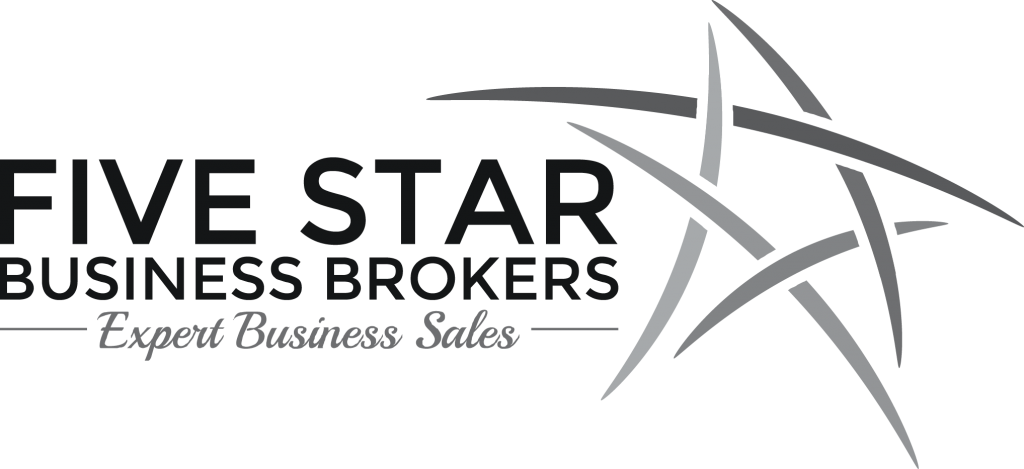Valuing Pawn Shops For Sale
Pawn shops can be very profitable businesses. Although operating in an industry that is not for everyone, pawn shops have limited competition by virtue of strict licensing and zoning laws. They have multiple revenue streams from retail revenue, repair revenue, and interest income from loans made from pawned items. Let us explore the valuation of pawn shops and how the sales process works for this lucrative and often misunderstood business.
Licensing and Zoning Limit Number of Pawn Shops
Every pawn shop in Florida must be licensed with the Florida Department of Agriculture and Consumer Services (FDACS). In order to get a license, the pawn shop must have a net worth of $50,000 or file a form of security with the FDACS for $10,000. The state regulates pawn shops in a number of ways, and has enforcement power to fine or close pawn shops in non-compliance. Additionally, new pawn shops are frequently restricted from opening in local communities in South Florida due to local zoning regulations.
Pawn Shops Have Two Main Sources of Income
Pawn shops have two main sources of income. One is from the sale of used items in the pawn shop. This ranges to all kinds of consumer goods, especially jewelry and firearms. The second source of income is from interest on loans made to consumers offering their merchandise as collateral. More aggressive operators of pawn shops will make more loans on pawned items, while other pawn shop operators are more conservative with their lending. Both the regular sales and the earned interest from pawned items are of critical importance when valuing the overall worth of the pawn shop.
Sales of Merchandise in Pawn Shop
Pawn shops purchase used items brought into their store from consumers for a negotiable price (as ‘Pawn Stars’ viewers are aware). Then the pawn shops re-sells these items (often refurbished) in their stores to consumers looking to find good deals on used items. The easier it is for the pawn shop to store and re-sell the inventory, the more likely it is that the pawn show will agree to purchase the item (although generally not at a fair price).
Interest Income from ‘Pawned’ Items
Pawn shops also earn income by making short term loans on items brought into their store by customers ‘pawning’ their merchandise. In exchange for receiving a short term loan, the customers leave the pawned items with the pawn shop as a form of collateral against the loan. State law limits the monthly interest rate on the pawned items to 25%. Generally, South Florida pawn shop owners receive about 20% monthly interest on the collateral. If the customer stops making payments, the pawn shop owner will keep and sell the items. This creates a remarkable situation where the pawn shop owner will have zero costs on many items they sell!
Example of Valuing Pawn Shop
- Peter is the owner and operator of Peter’s Pawns and has elected to sell his business.
- While preparing to sell his business, Peter has discovered that his tax returns do not reflect all of the interest income he has been earning from pawned items.
- The interest payments were invariably received in cash, and such cash payments did not find its way in his tax returns.
- Peter has his business appraised by a professional business broker, and it is determined that the total reportable sales from items (and sales from his jewelry repair division) totaled $1M last year.
- Peter’s adjusted owner benefit or net profit based on his tax return is determined to be $250K, but that does not include the interest income received from pawned items.
- Peter then reveals that he has $50K ‘out on the street’ in the form of short term loans made to customers for which he is holding their collateral or pawned items.
- He is charging a monthly average of 20% on these loans, and thus makes $10K/month in interest income (if all customers make their payments).
- Although not reported on his tax returns, this interest income should be factored into the valuation in order for Peter to realize the maximum purchase price for his pawn shop.
- This can be done by annualizing the monthly amount of interest currently being generated.
- In Peter’s case, he should be thus making $120K/year in interest income.
- When combined with his $250K of owner benefit from his regular pawn shop operation, his total amount of adjusted owner benefit is $370K.
- When analyzing a number of different factors including its location, lease, role of the owner, operational structure, and longevity, the business broker finds that the goodwill of Peter’s Pawns is worth about $1M.
Pawn Shop Inventory Valued Separately
The inventory of a pawn shop may include merchandise, jewelry, and gold/silver. The value of the inventory is not included in the goodwill of the pawn shop, and is typically paid separately by the buyer to the seller at a negotiable price. Inventory is valued at its cost (not the resale value), and many pawn shops pay far less for its inventory than its resale value. Moreover, the cost of some inventory items is zero because the items were left behind by customers who stopped making payments on their pawned items. It is thus essential for the parties to negotiate the inventory fairly with the assistance of a professional business broker.
Pawn shops have been called a ‘License to Print Money’ and with good reason. This highly insulated and specialized niche business can be very profitable for astute business owners, and should be valued accordingly.
